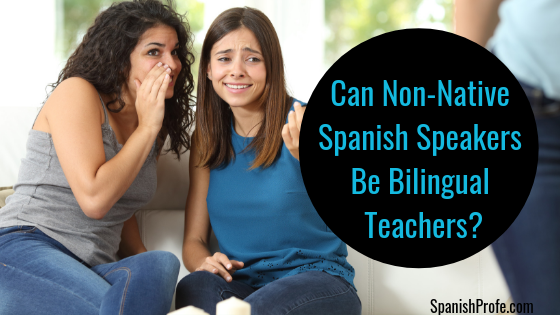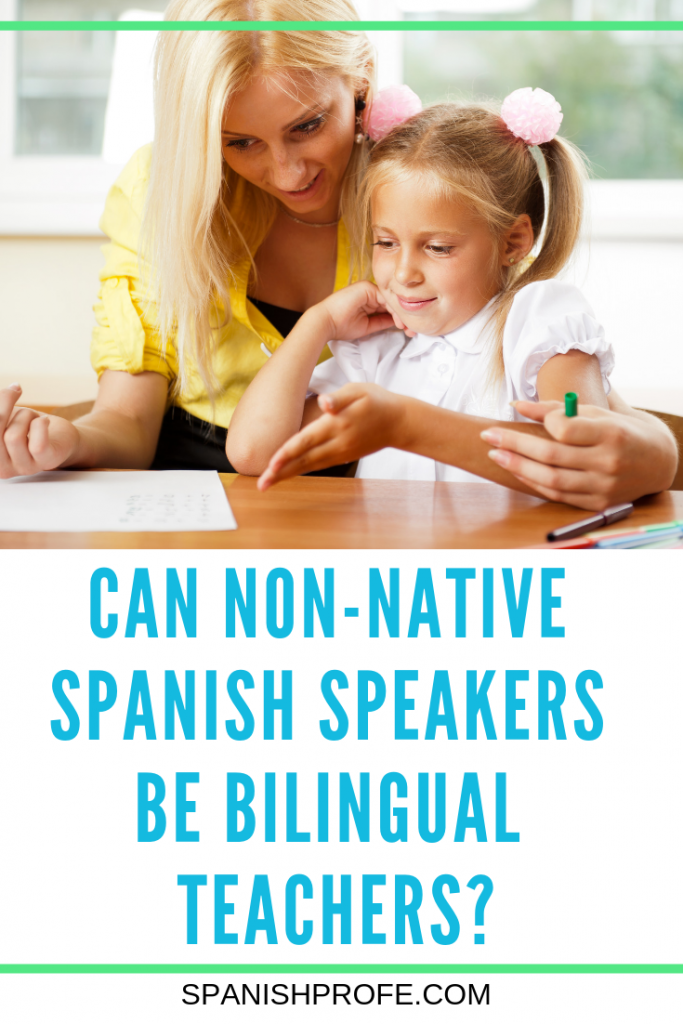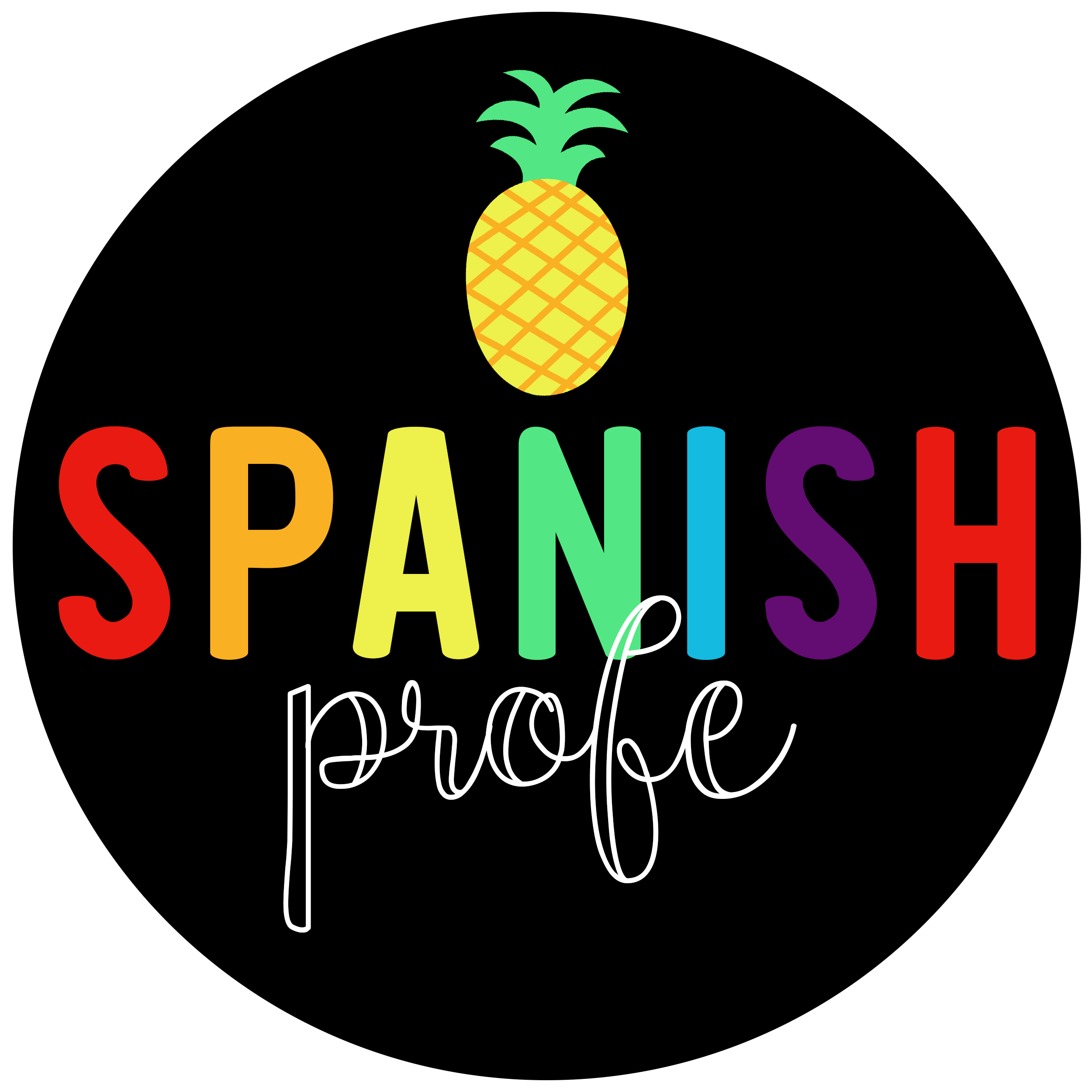
One of my biggest insecurities is not being a “native Spanish speaker” yet being a bilingual teacher.
When I started teaching, I realized that some people (administrators, other teachers, parents and kids) are often surprised that a ‘gringa’ is speaking and teaching completely in Spanish and often pass judgment. Though I am obviously qualified for a position which involved multiple university degrees, licensing exams and passing Spanish proficiency tests; I feel like often that isn’t enough to prove that I am capable of being a bilingual educator.
For the most part people are very kind and welcoming but you always run into those one or two teachers, that think only native Spanish teachers should be teaching in bilingual classrooms.
I know I do not speak perfect Spanish. I am the first to admit it, BUT I don’t speak perfect English or know everything in English either and that is my first language. I am learning every day.
Non-native bilingual teachers often have a unique perspective than native teachers.
Since I learned Spanish, in both classroom and immersion settings my perspective on language learning is that anyone can learn a language.
I have a growth mindset and show students on a daily basis that I don’t know everything but I am resourceful and can find out the information. This is a skill that is very important to teach children, especially with the great influence of technology and resources at our fingertips. If we don’t know a word… we look it up. I like to also highlight linguistic and regional differences and remind students that there are multiple ways to say many words and phrases in Spanish.
My way of explaining how to remember certain grammar rules (or patterns) and using cognates is on par.
I am a master at circumlocution…. I know how to describe things without knowing the words or vocabulary I need.
I know how to ask for clarification and more support when I need it.
I am great at breaking down the Spanish language and the steps it takes to learn is multiple comprehensible ways (scaffolding) to students in my classroom.
I can boost kids confidence and remind them if I can learn to do something (aka speak Spanish)… then they can learn to do whatever they want too.
If we want to promote bilingualism and bilingual education in the United States (and in the world), then we have to stop judging each other. Often our worst critic is ourselves. If we want our students to be bilinguals than we need to make sure our students feel successful and see people just like them speaking in the target language(s).
I always see a lot of progress in my student’s education and skills; often times exceeding my “native” grade level peers. We need to realize that it doesn’t have to be perfect. Non-native Spanish speaking teachers differences (in language acquisition, education, experience) can be a complete benefit to our students. I always remember my professors during my undergraduate, some of the best and most knowledgeable were from abroad and had strong accents.
As long as you are a dedicated teacher, there to teach and advocate for your student’s needs, progress and education; you are in the right place.
Instead of passing judgment and making unhelpful comments (or gossiping), educators should lift each other up and tell each other what they are good at and help each other out.
Remember, that you shouldn’t judge someone’s accent for their intellect.
Want to receive updates, free resources in Spanish and articles for your bilingual class?? Of course! Sign up here!










